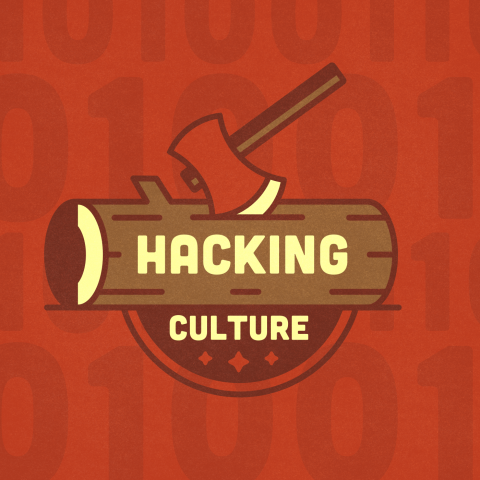
Hacking Culture explores a variety of topics, from hacking your brain with mindfulness to software that gives people freedom from surveillance capitalists. Episodes feature interviews with meditation teachers, neurologists, free-software advocates, academics, and anyone else who can help us better understand the technology, science, and embodied practices that contribute to well-being.
Matthew Tift talks with James Sansbury and Matt Westgate about the history of Lullabot, building a team of Drupal experts, and moving away from the phrase "rock star." Ideas about "rock stars" can prevent people from applying to job postings, cause existing team members to feel inadequate, or encourage an attitude that doesn't work well in a client services setting. Rather than criticize past uses of this phrase, we talk about the effects of this phrase on behavior.
In this episode, Matthew Tift talks with Dr. Joanne Armitage, a lecturer in digital media at the University of Leeds. Joanne performs regularly with ALGOBABEZ, the Orchestra For Females And Laptops (OFFAL), and other collaborators. She recently won the British Science Association’s Daphne Oram Award for Digital Innovation. In this episode, we discuss feminist algorave, her live coding workshops for women and non-binary people, narratives around failure, inclusion and diversity in technology communities, and more.
In this episode, Matthew Tift talks with Mike Hodnick (aka Kindohm) about live coding, TidalCycles, performing with other live coders, creating new sounds, what separates TidalCycles from other live coding environments, and much more
In this episode, Matthew Tift discusses DrupalCon Nashville, the movie *The Matrix*, and various ways to understand the Drupal community. He plays clips from the Driesnote and Steve Francia's keynote, describes some of his experiences at DrupalCon, and offers ideas for what it might mean to understand "the real" Drupal.
In this episode, Matthew Tift talks with Jen Lampton about the Backdrop project, the differences between the Drupal and Backdrop communities, helping people, organizing software communities, and much more.